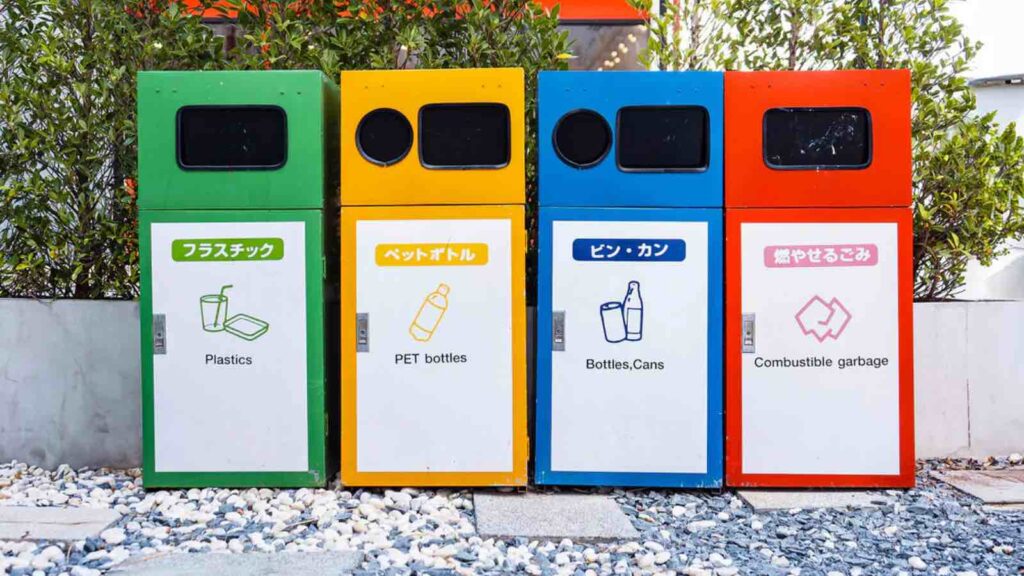The city of Fukushima, Japan will out people who shirk waste-disposal guidelines by naming and shaming them publicly.
In an unprecedented effort to combat improper waste disposal, the city of Fukushima, Japan, will implement a controversial “name and shame” policy starting March 2025. Residents and businesses that fail to sort their trash correctly could see their names publicly displayed on the city’s official website. The move comes after the city reported over 9,000 instances of non-compliant garbage disposal in 2024, highlighting the need for stricter measures.
RELEVANT SUSTAINABLE GOALS



A Bold Move for Cleaner Streets in Fukushima
Under the new policy, improperly sorted trash left in semi-transparent bags will be marked with a conspicuous red “warning sticker” by rubbish collectors. Offenders are required to retrieve the tagged bags, re-sort the waste, and ensure compliance within one week. If they fail to do so, city personnel are authorized to inspect the bags for identifying materials, such as mail or documents, to track down the violators.
Once identified, these individuals will first receive a verbal warning, followed by a written caution. Repeat offenders who ignore these warnings will have their names published on Fukushima’s official website—a public accountability measure aimed at discouraging non-compliance.
Fukushima’s new rules are part of Japan’s long-standing commitment to reducing landfill usage and promoting recycling. Since the 1990s, the country has implemented innovative strategies to enhance waste management, with individual cities leading the charge.
- Kamikatsu Town: A pioneer in waste sorting, Kamikatsu requires residents to separate trash into 45 distinct categories as part of its ambitious zero-waste goal.
- Kagoshima Prefecture: Residents are asked to label trash bags with their names, ensuring accountability.
- Chiba City: The city piloted an AI-powered assistant in 2024 to guide residents on proper waste disposal techniques.
Fukushima’s measures, though stricter, align with these national efforts and reflect the city’s determination to curb waste mismanagement.
Privacy Concerns and Official Justifications
The city has sought to address privacy concerns surrounding the new policy. Authorities have assured residents that trash inspections will be conducted discreetly, with respect for individual privacy. However, they remain firm on the necessity of publicizing the names of those deemed “malicious waste generators.”
“There is nothing illegal about publicizing malicious waste generators,” stated Fukushima Mayor Hiroshi Kohata. He emphasized that these regulations aim to encourage proper waste sorting and reduce the environmental burden caused by improper disposal.
Fukushima’s approach highlights a cultural emphasis on collective responsibility and public accountability. While critics have raised concerns about the ethics of public shaming, supporters argue that the visible consequences for improper disposal could drive behavioral change. The city’s policy underscores the urgency of waste management in a country where space for landfills is limited and environmental sustainability is a priority.
The policy is being closely watched by other municipalities in Japan and abroad. Its success could set a precedent for waste management strategies worldwide. For now, the question remains: will the fear of public shame lead to cleaner streets and more sustainable practices, or will it spark resistance and further debate?
What’s clear is that Fukushima’s bold move places waste disposal at the forefront of public conversation, reinforcing the idea that environmental stewardship is a shared responsibility. As Mayor Kohata aptly puts it, “Encouraging proper disposal methods is key to a cleaner, greener future.”
You may also be interested in :
Japan Recycles Food Waste Into Livestock Feed Through Fermentation





